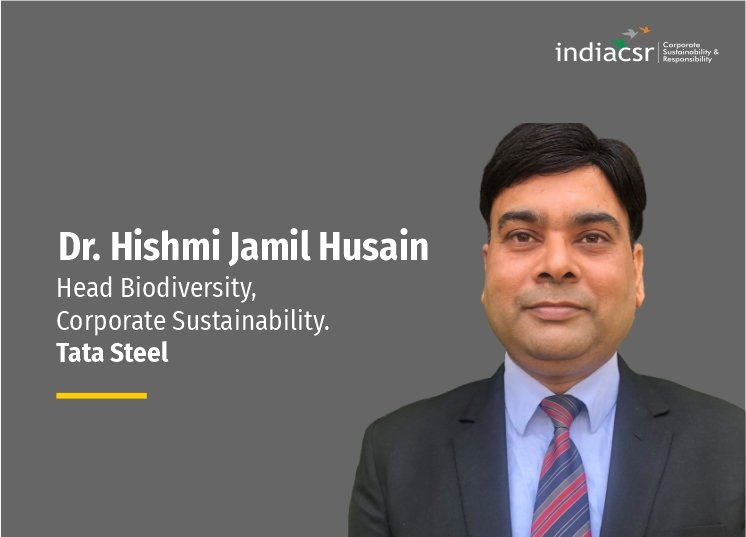The Das Gupta Review talks about the absolute need to protect biodiversity now. The longer time we take to act upon it, the costlier it will get. The review emphasized changing the ways by which economic success is measured. It suggests that economic success should be measured at an aggregate level which means moving to inclusive wealth (measures all capital assets).
Given the current conditions, “According to the Global Footprint Network, we need 1.6 Earths to be able to continue current living standards.’’ There is a need to adopt an inclusive wealth strategy because, as per reports stock of natural capital per person declined by nearly 40 percent between 1992 and 2014, a period when produced capital per person doubled, and human capital per person increased by about 13 percent. The review has laid down three broad and interconnected transitions that will help in achieving the conservation of biodiversity which are:
1. Balance humanity’s demand with nature’s supply and increase supply relative to its current level.
2. Change our measures of economic success.
3. Transform our institutions and systems.
We all know that nature is a finite asset; conserving it now would be easier and cheaper than taking measures to bring it back to normal. There is a need to understand that anything done in excess today reduces our chances to have it in the future. Conservation and restoration of ecosystems are leading to the creation of more job opportunities. As per ILO, “1.2 billion jobs rely on effective management and sustainability of ecosystems.” Today businesses are immensely focusing on sustainability, so one way of doing this is ensuring transparency in supply chains. This will help in knowing which part of the business is affecting nature most and accordingly take steps.
Youth is the future of the nation; however, the report highlights that teaching about nature is limited primary school level; therefore, there is a need to include the topics at the university level. Studies show people in their mid-teens tend to grow distant from nature.
It is difficult to expect a change until a set of global standards underpinned by credible data that businesses and financial institutions can use to fully integrate nature related considerations into their decision-making and assess and disclose their use of nature is framed.
Dasgupta has used a fascinating analogy of biological diversity and investment portfolio. Investing in projects that improve natural capital and ecosystem services will lead to greater returns and ultimately less risk. However, this requires a greater understanding of nature-related financial risks and uncertainties.
Due to differences in environmental standards across the world higher-income companies are off-shoring the adverse impacts of their activities on the ecosystem and biodiversity with lower-income countries.
The review states that “More than 50% of the biodiversity loss associated with consumption in developed economies is estimated to occur outside their territorial boundaries. In order to put an end to such practices, there is a need for change in policies. This can be done by imposing border adjustment taxes, taxes on both imports and domestically produced products. Although there has been an advantage of trade liberalization in terms of technology, it cannot handle the supply and demand of humans’ needs alone.
The need for the hour is corrections to market prices and a set of global standards underpinned by credible data that can help companies and financial institutions fully integrate nature-related considerations in their decision-making. Central banks and financial regulators must support this push by undertaking significant reviews of the systemic extent of nature-related financial risks.
Until and unless more emphasis is put on conserving biodiversity rather than restoring it, the change would be difficult. The Dasgupta review clearly states that Conservation is Investment.

(Author is the Head Biodiversity, Corporate Sustainability, Tata Steel Limited)
Photo Source: Flicker
Views are personal.
CopyRight@IndiaCSR
Read More Article: ESG Archives – India CSR Network






